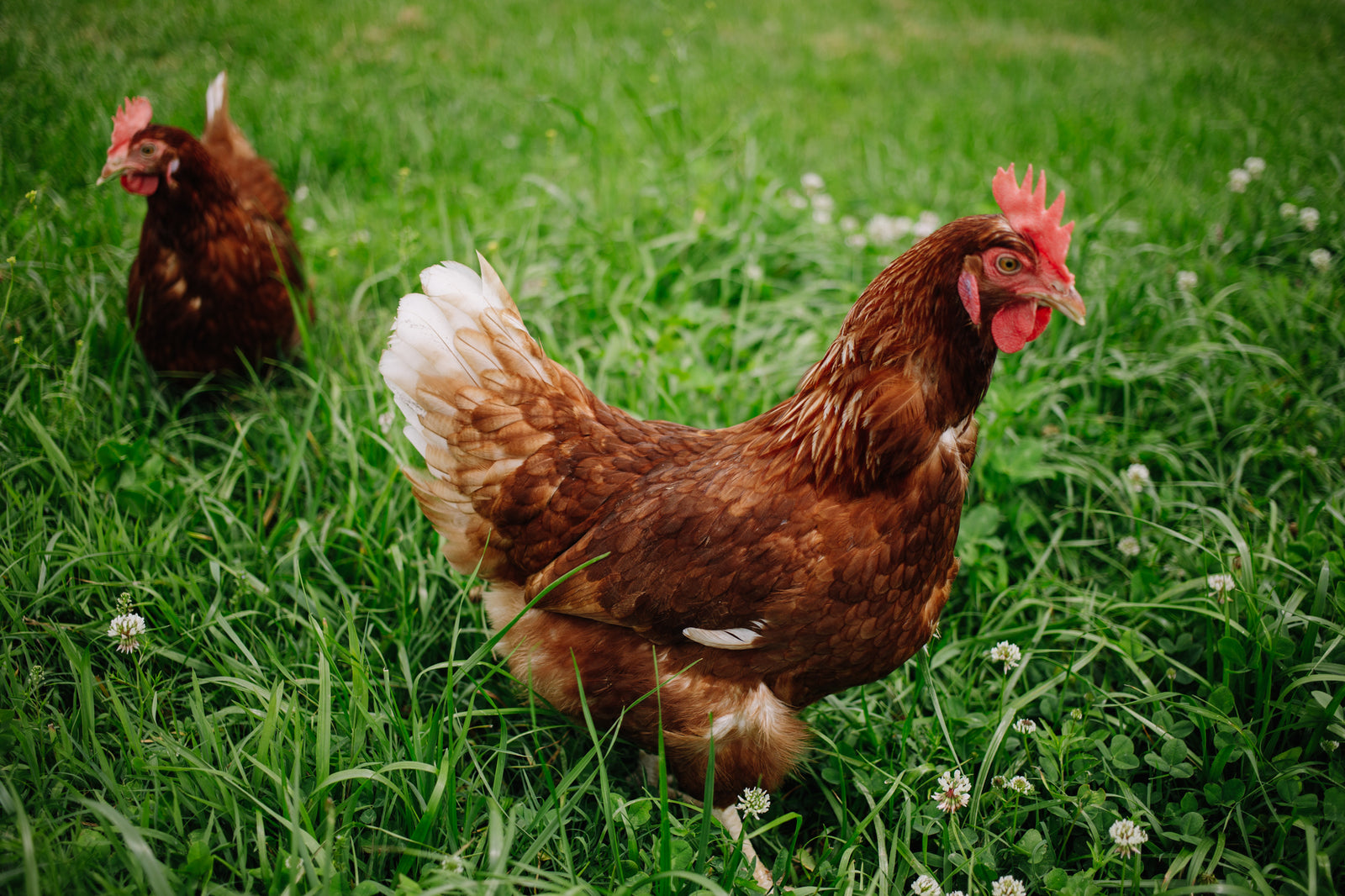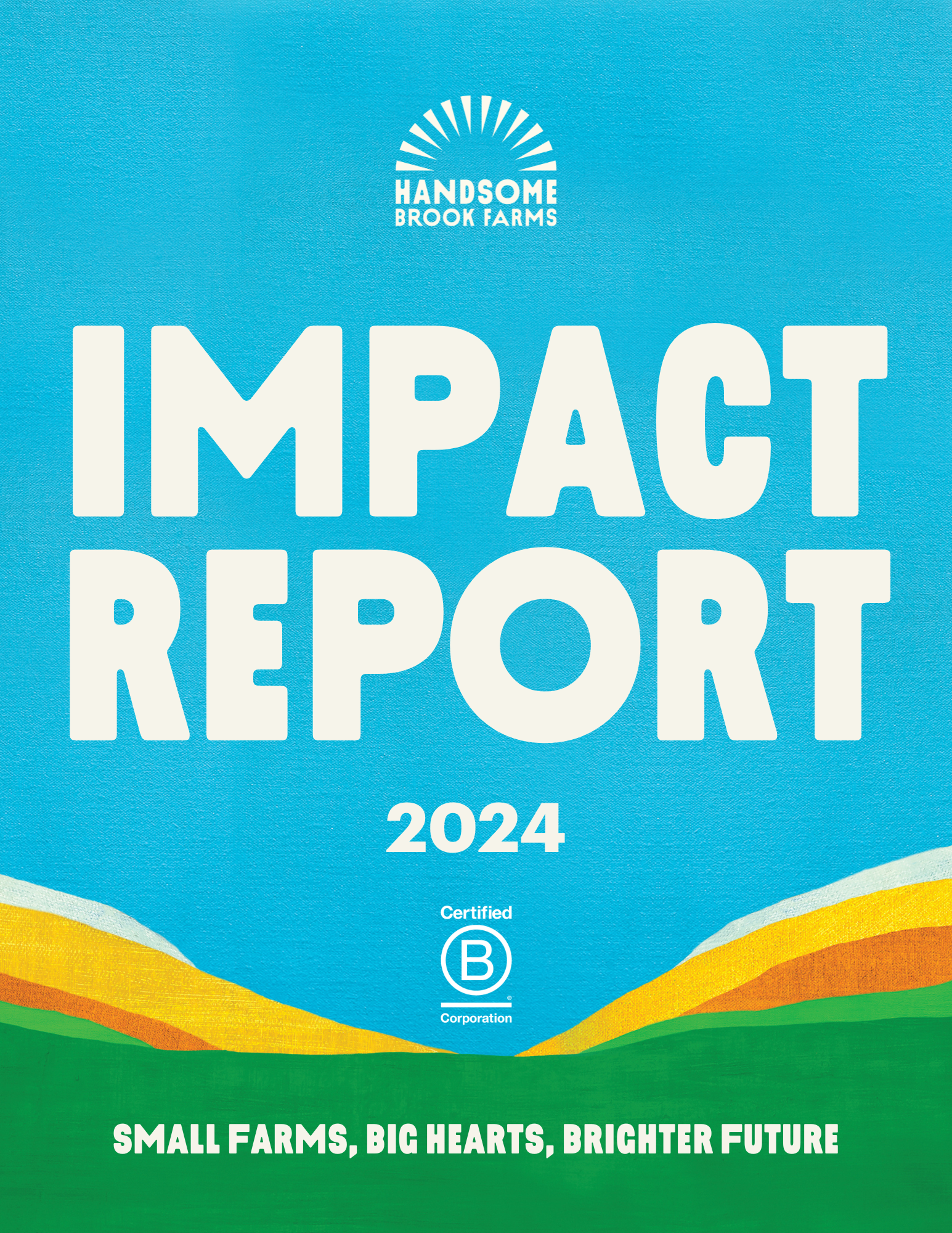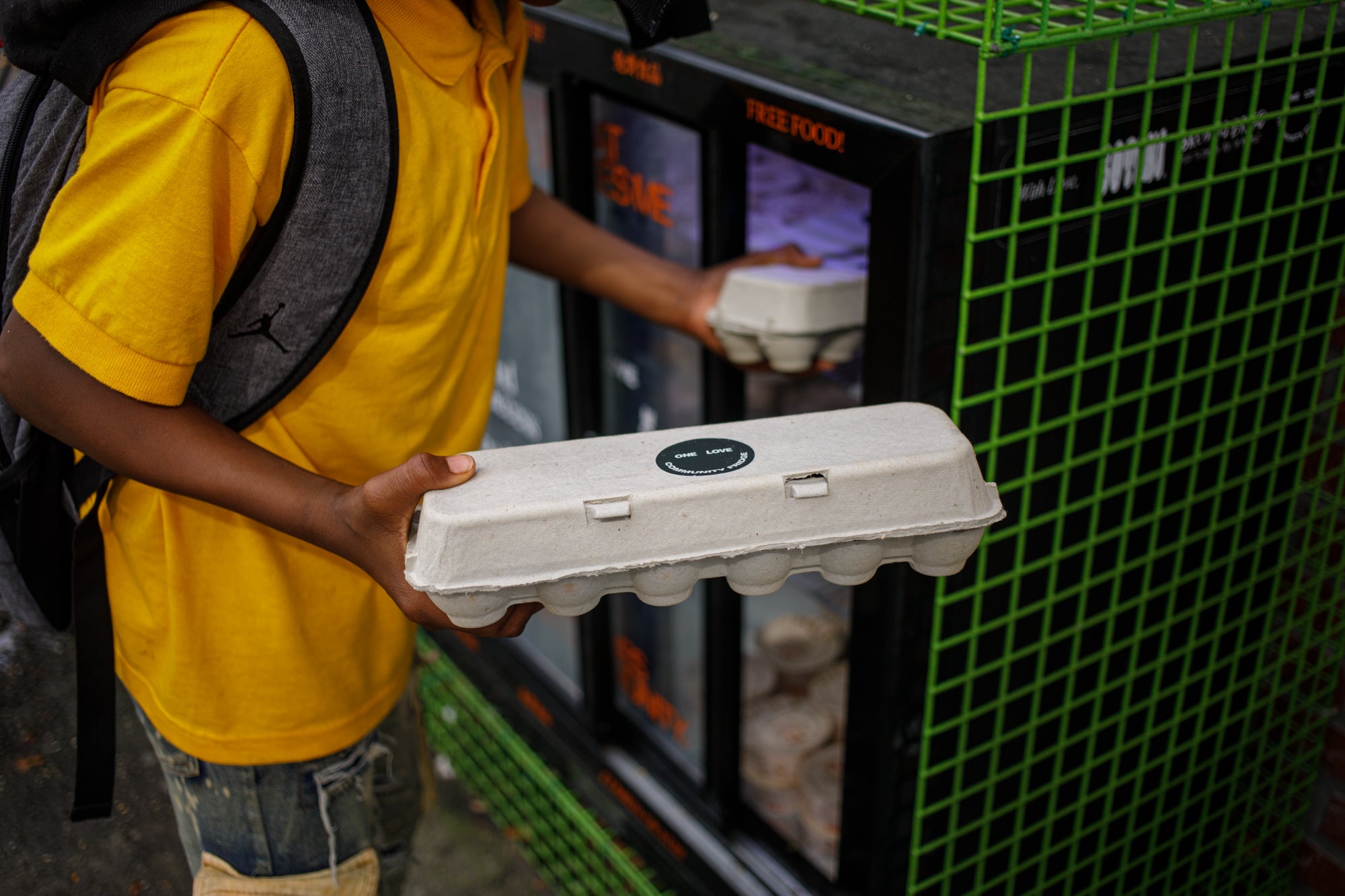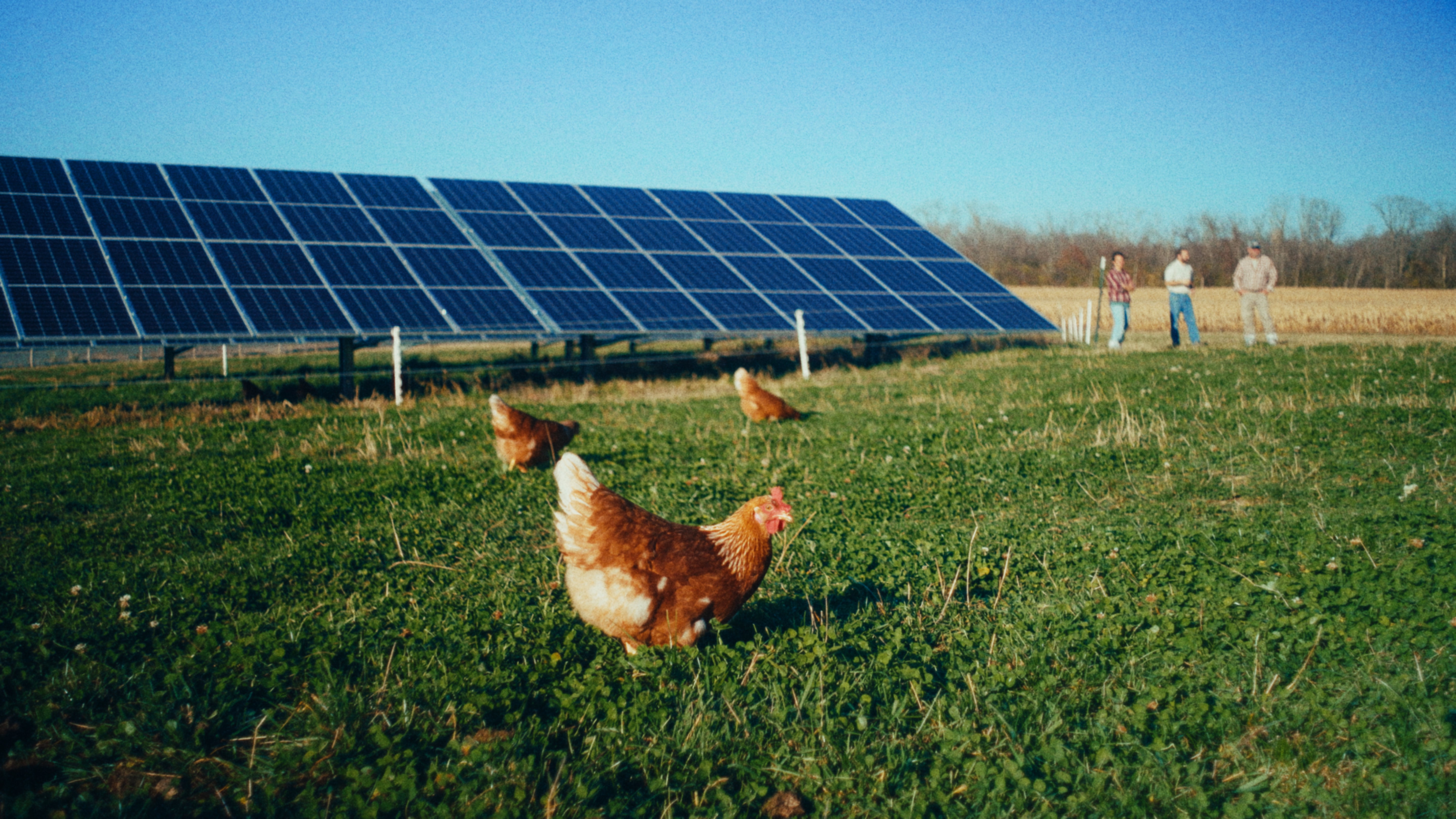The Regenerative Egg Farming Project
At a time when farmers face natural disasters intensified by climate change, Handsome Brook Farms is supporting climate-resilient regenerative agriculture research and projects by investing in evidence-based farming practices and longterm regenerative agriculture monitoring through a USDA Conservation Innovation Grant called Regenerative Egg Farming Project.
In 2021, HBF was honored to receive the USDA NRCS Conservation Innovation Grant to run pilot research on 6 farms in Kentucky in a grower-focused project that incorporates climate smart, regenerative egg practices within an organic pasture-raised model.
6 core regenerative farming principles
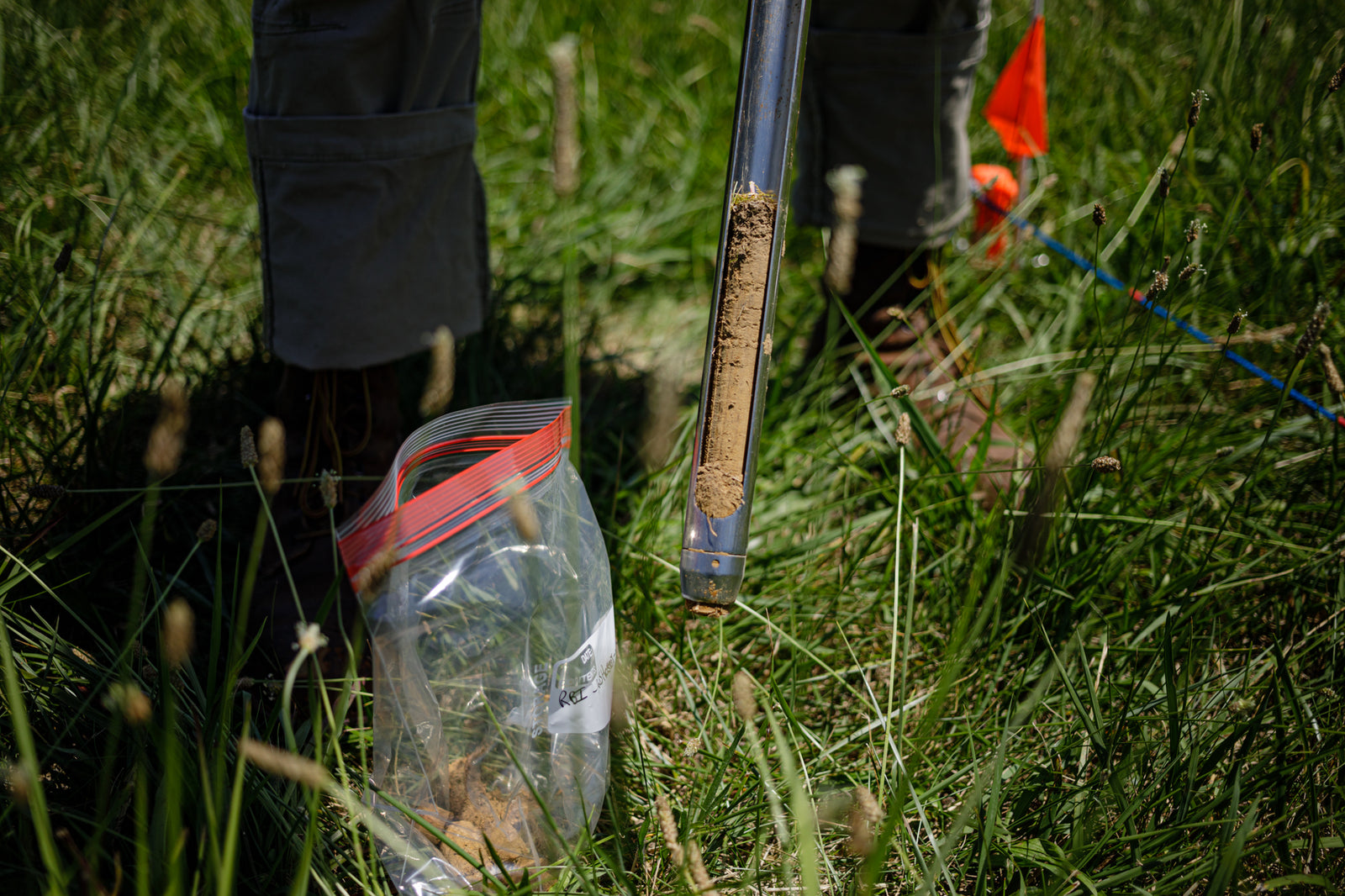
SOIL HEALTH
The REFP farms prioritize soil health by fostering rich, organic matter that supports thriving ecosystems and resilient farmlands.
Minimize Soil Disturbance
By minimizing soil disturbance, the REFP farms practice low or no-till methods and rotational grazing, which preserve soil structure and prevent erosion.


Maximize Ecological Diversity
The REFP farms work to maximize ecological diversity by integrating mixed-species plantings and natural habitats that support pollinators and local wildlife.
Crop and Livestock Cohabitation
Crop and livestock cohabitation is at the heart of our pasture-raised egg farming model, where chickens forage on diverse pastures, enriching the land with natural fertilizers.
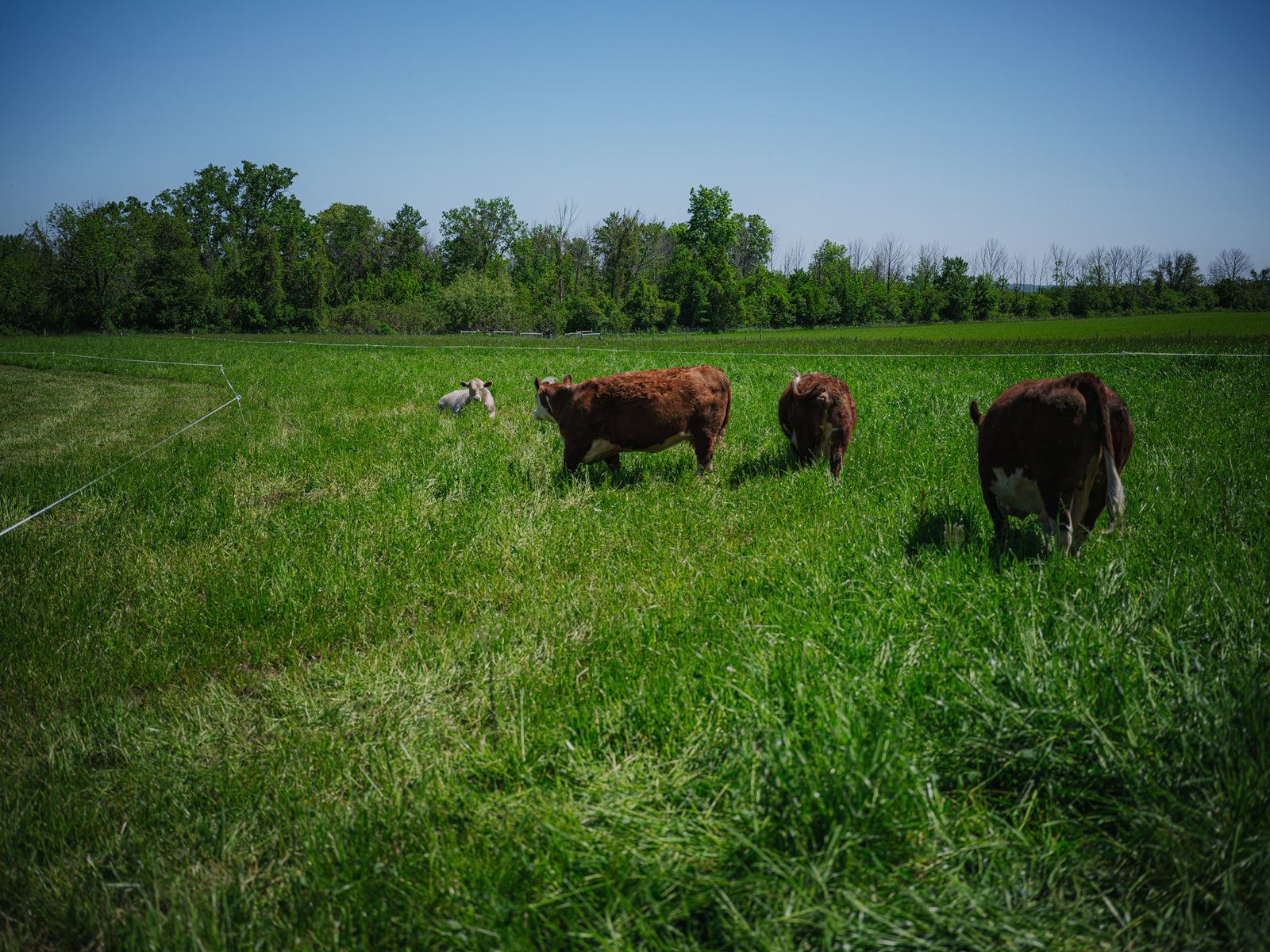

maintain living roots year-round
The REFP farms maintain living roots year-round, ensuring soil cover and protection against the elements while enhancing carbon sequestration.
site-specific contexts
Lastly, the REFP farms embrace site-specific contexts, tailoring their farming practices to the unique needs of their landscapes and communities, ensuring sustainability and long-term viability.
